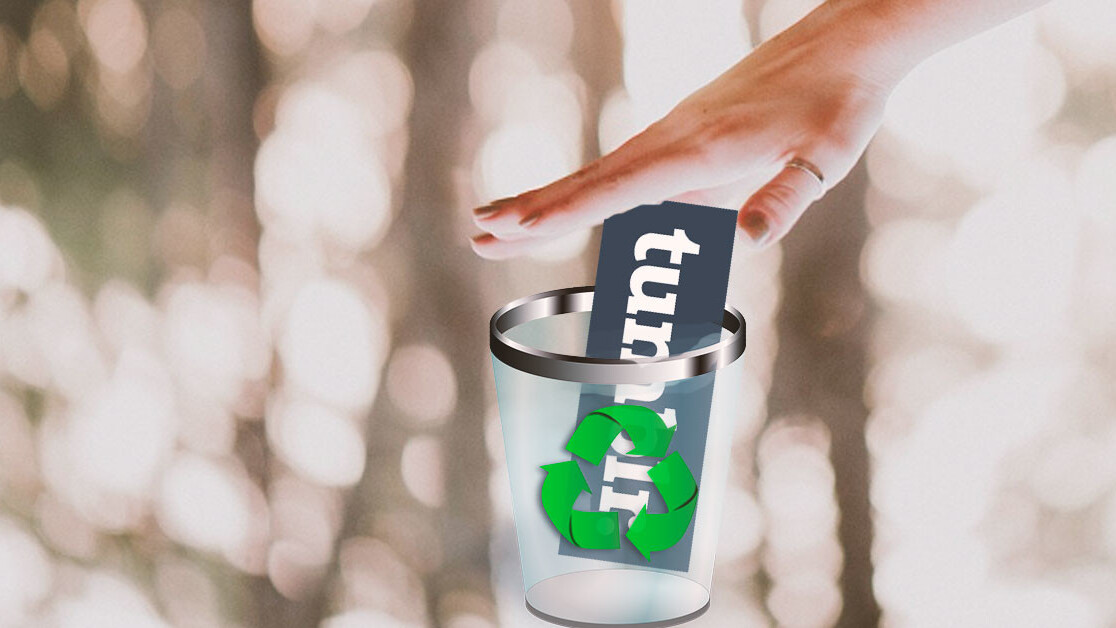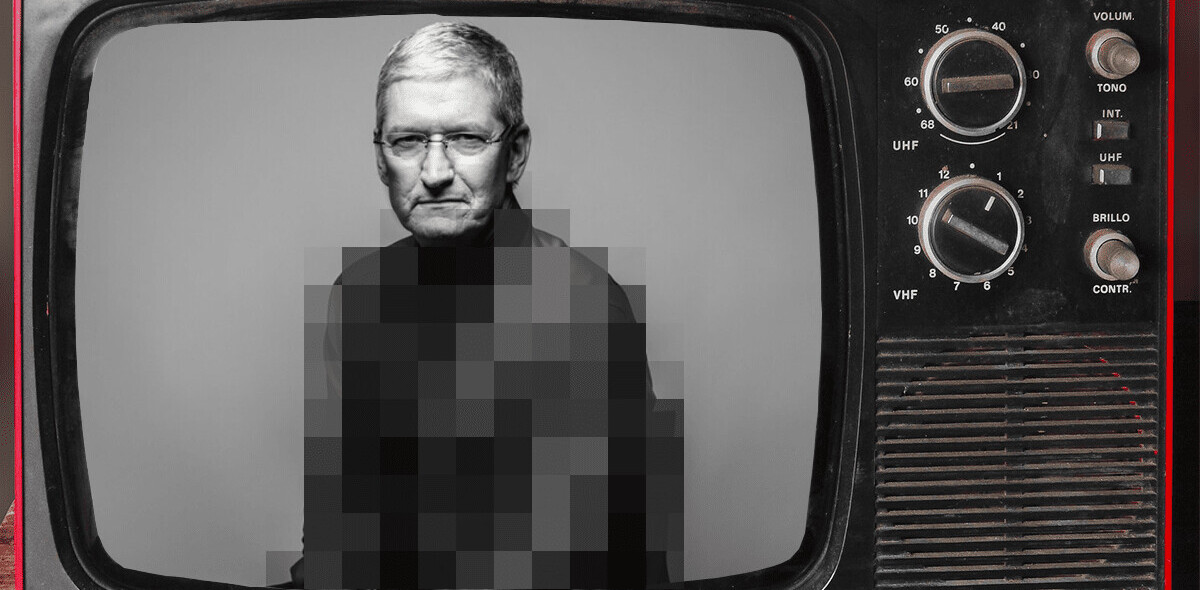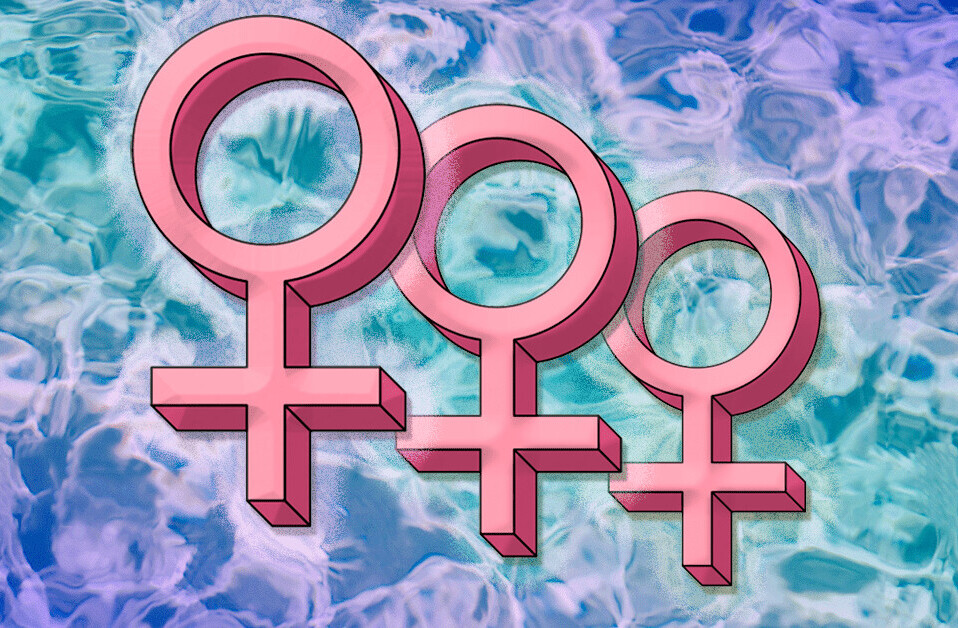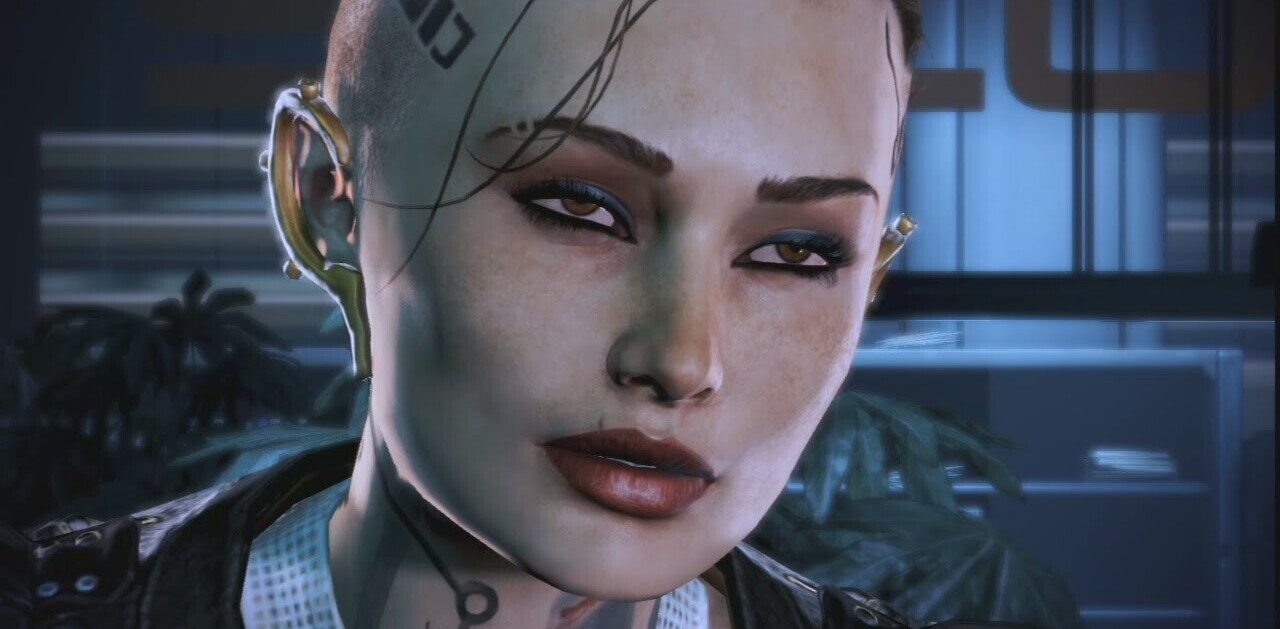
Tumblr‘s whiplash-inducing ban on “all adult content” has been about as well-received as a tequila-fart in a car full of strangers with the windows stuck in the up position. Furthermore, it’s offensive, poorly-implemented, and serves little use besides shaming women for having nipples.
The company, which is owned by Verizon Media Group, announced it would implement the ban after Apple removed the app from the App store for being an unwitting host to child sexual abuse imagery.
How banning adult content addresses this issue is beyond rational thought, but whether the ban makes sense or not doesn’t really matter to those negatively impacted by it. And that’s everyone. We’re all negatively affected by this.
But, there’s a lot of confusion and misinformation surrounding this ordeal. So before we go any further here are some facts to be aware of:
- It’s not a pornography ban, it’s much more. An image of a woman without a shirt on isn’t pornography.
- Tumblr’s policy on images depicting child sexual abuse remains unchanged. It was always banned, because it’s illegal.
- The people complaining aren’t mad that a private company is expressing its freedom of association. They’re pissed because they had the rug pulled out from under them by a company they believed in, supported, and trusted for years.
So what’s actually being banned? Adult content. If you’re unfamiliar with Tumblr, that’d be like banning recipes on Pinterest or beer at a baseball game.
One part of this is pornography, as TNW’s Bryan Clark wrote:
When Tumblr‘s gone, so is the safe space that women, by and large, so carefully curated for people just like them. Their place to share, consume, and discuss art, in the form of pornography, is now gone.
But there’s also the non-pornographic content part of the “all adult content ban,” and the deeper connotation that women are sexual objects by default.
Adult content, according to Tumblr, covers any imagery of human genitals and “female-presenting nipples.”
Per the company’s new rules (emphasis added by TNW):
What is “adult content?”
Adult content primarily includes photos, videos, or GIFs that show real-life human genitals or female-presenting nipples, and any content—including photos, videos, GIFs and illustrations—that depicts sex acts.
What is still permitted?
Examples of exceptions that are still permitted are exposed female-presenting nipples in connection with breastfeeding, birth or after-birth moments, and health-related situations, such as post-mastectomy or gender confirmation surgery. Written content such as erotica, nudity related to political or newsworthy speech, and nudity found in art, such as sculptures and illustrations, are also stuff that can be freely posted on Tumblr.
So let’s be clear here. If you’re Jason Mamoa’s lover, and you snap a shot of him leaping out of a swimming pool with his hair whipping beads of water everywhere as rivulets stream down the contours of his bare chest, you’re all good to post that on Tumblr right now. No problem there.
But, if you’re a woman – or any human with “female-presenting nipples” – and you pose for a nude fine-art photograph, and someone wants to share it on Tumblr: forget it. No girls allowed.
This is beyond stupid. There is no relationship whatsoever between images of women without a top on, and images that are criminal by their very existence.
So it speaks volumes about a company’s culture when the CEO makes it obvious he doesn’t understand the difference. In a company blog post about the situation Tumblr CEO Jeff D’Onofrio said:
Over the past several months, and inspired by our storied past, we’ve given serious thought to who we want to be to our community moving forward and have been hard at work laying the foundation for a better Tumblr. We’ve realized that in order to continue to fulfill our promise and place in culture, especially as it evolves, we must change.
Apparently, that change means making a statement involving the fight against child sexual abuse for no evident reason. D’Onofrio continued, saying “let’s first be unequivocal about something that should not be confused with today’s policy change: posting anything that is harmful to minors … is abhorrent and has no place in our community. We’ve always had and always will have a zero tolerance policy for this type of content.”
D’Onofrio doesn’t go on to actually connect child sexual abuse imagery with banning adult content. It just seems like he wants us thinking about it as we read about how he’s going to make Tumblr better for everyone by getting rid of all the bad stuff.
But, judging by the outrage, Tumblr is biting the nipples that feed it.
Tumblrs, before all this, were a unique brand of internet denizen. Sure, we all use social media to express ourselves, but most of us complain about it. “I hate Facebook,” we say, before responding to a message on Messenger. “Instagram and Twitter are so toxic,” we tweet and post, hoping to get likes.
But not Tumblrs. They always seemed vibrant and excited to be a part of something that allowed them to express themselves. For the most part, Tumblr was a great place for people who just wanted to let their freak-flags fly. It was, to many, a bastion of hope, and a port of respite for marginalized minorities, kinky people, and the LGTBQ+ community.
TNW’s own Georgina Ustik, a former Tumblr employee, recalls a working environment that was welcoming, inviting, and generally full of people who were proud to be a part of a culture that promoted the normalization of sex-positive thinking and imagery.
When asked if she thought Tumblr’s new policies had struck a happy medium by banning all genitals, and women’s nipples, but still allowing users to post breastfeeding or medical pics showing “female-presenting nipples,” she responded as follows:
Fuck no. It’s ridiculous. Nipples are just little pink patches of skin. Everyone has them. And to especially say that “female nipples” are not allowed is so pointedly falling under backwards patriarchal views on female anatomy. What is a sexual context for a nipple, just having one? That’s the viewer making it sexual.
She also credits Tumblr with, at least in the beginning, being a part of the solution:
I wonder how far #FreeTheNipple would have gotten without a platform like Tumblr.
She’s not alone in feeling at least a little outraged over the specifics of the ban. We interviewed several Tumblrs who expressed similar sentiments.
Molly Moore, of Molly’s Daily Kiss, a popular sex-positive blog, told TNW that Tumblr was a place where she would draw inspiration from, and enjoy being part of a community she saw herself represented in. According to her, the entire ban is misguided:
What really is the issue? They were removed from app stores because of potential child abuse imagery, which they have previously been warned about by users, but have not always been great at acting on.
The rest of the content… they had already removed from search and hidden to all non logged-in users, which means no one can view any of that content who does not have a Tumblr account.
Remember this content is not illegal, porn is not illegal, images of ‘female presenting nipples’ are not illegal. Why are we censoring legal content?
Tumblr has a right to ban any content it wants. Nobody is disputing that. It’s leadership has decided it would rather attract a user-base that’s more comfortable knowing the platform is scouring itself for any nipples audacious enough to be female-presenting.
This is in direct contrast to the free-for-all that the site once was. And, while it certainly wasn’t immune to toxicity and bad actors, it held out as one of the few sites that allowed near-total freedom without becoming overwhelmed by hate.
F Leonora Solomon, of F Dot Leonora, an erotica blog, says they haven’t been comfortable using Tumblr since becoming aware of the ban. They told TNW:
I personally cannot be on a platform where anyone’s posts are subject to being removed. It makes me feel uncomfortable.
In making these changes, Tumblr didn’t become a part of the solution to any problem. It’s not fighting child sexual abuse or the transmission or display of any illegal images. And it certainly isn’t helping any groups or individuals who are marginalized or oppressed. It could develop more powerful tools for finding illegal content or simply enforce the previous rules and keep adult content behind a filter like it always has if it wanted to do that.
No, what it’s doing is essentially taking away one of the few resources that sex-positive culture has. And, worse, it’s become the diametric opposite of what it used to be. Where once it was a place where sex-positive adults felt accepted, now it’s propagating the idea that people should feel ashamed of themselves if they have female-presenting nipples. Regardless of whether that’s the company’s intended message, it’s the one being sent.
Tumblr certainly isn’t the same site it once was. It’s no longer a haven for erotic artists and sex-positive bloggers (as well as everyone else.) It’s just another place where you’re either a man or a sex object, like most other social networks.
Bryan Clark put it best:
We haven’t made a dent in removing porn from the internet, but we’ve managed to steal the place where women commonly engage with other sex positive individuals; where transgender individuals may feel most secure; and where inclusivity was part of the unwritten contract by all who shared this kink-friendly home.
Get the TNW newsletter
Get the most important tech news in your inbox each week.





